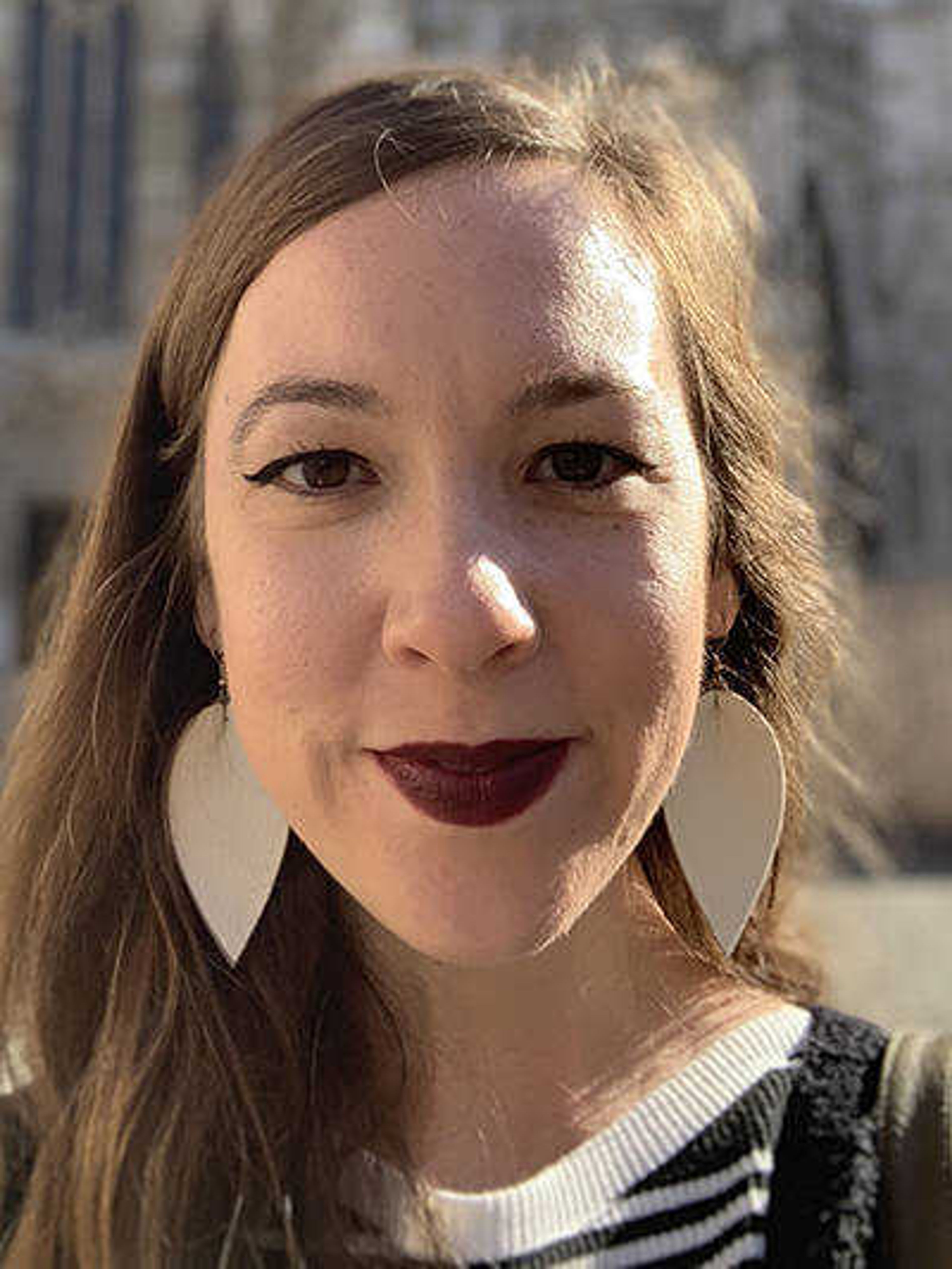Sharing our abundant blessings
The other day I came across a quote by St. Basil the Great that says, "The bread you store up belongs to the hungry; the cloak that lies in your chest belongs to the naked; the gold you have hidden in the ground belong to the poor." This quote speaks to the detachment I want to have toward material things. ...
The other day I came across a quote by St. Basil the Great that says, "The bread you store up belongs to the hungry; the cloak that lies in your chest belongs to the naked; the gold you have hidden in the ground belong to the poor."
This quote speaks to the detachment I want to have toward material things. I want to regard the excess -- and even what I consider to be non-excess -- as that of others, to count it as joy that the work I do and the things I have can provide for other people. In a world with such a wide gap between the rich and the poor, I believe I've been given abundant blessings in my life to share with those who don't have very much, that I've been put in this time in history to close the gap in whatever ways I can, for whomever I can, even if those ways seem small to me.
A scene in the movie "Les Miserables" truly changed the way I think about "my" material possessions. In the scene, a priest provides a man who is clearly down on his luck with food and lodging for the night. Before leaving, the man steals candlesticks from the priest. A policeman catches the man and brings him back to the priest, telling the priest that the man claims the candlesticks are his. The priest tells the policeman that he gave the thief the candlesticks, so they do rightly belong to the thief. The man's life is changed and he has a conversion of heart because of this grace extended to him.
This scene made real to me the thought that everything I have is God's, that nothing I have is actually "mine." Holding material things with clenched fists causes stress, anger and distrust. It makes other people the enemy instead of seeing them as on the same side as us, as another person struggling to make sense of pain and longing for love.
I think the same thing goes for the nonmaterial gifts we've been given; if we've known love in abundance, it's been given to us not only to make us whole but also for the sake of sharing it with others. In our culture, much of the poverty is spiritual poverty; we live amidst people who are hungry for love, hope and complete acceptance. There are people in our families, schools and churches, on our streets and at our work who need us to give them "our" time, to be generous with this precious gift God gives us.
The person in my own life who has lavished the gift of her presence on me is my mother, a woman who knows how to make a gift of her time to others and lives it by being a stay-at-home mom, doing the daily work of our home and counting it as joy to spend time with my siblings and me. The gift of our time can truly transform someone's life; we shouldn't underestimate the power or the gift of our presence.
Let's consider everything a gift and freely give all to each other.
Mia Pohlman is a Perryville, Mo., native studying at Truman State University. She loves performing, God and the color purple -- not necessarily in that order.
Connect with the Southeast Missourian Newsroom:
For corrections to this story or other insights for the editor, click here. To submit a letter to the editor, click here. To learn about the Southeast Missourian’s AI Policy, click here.










